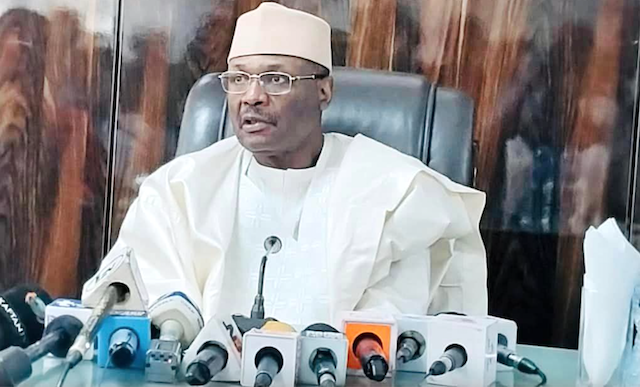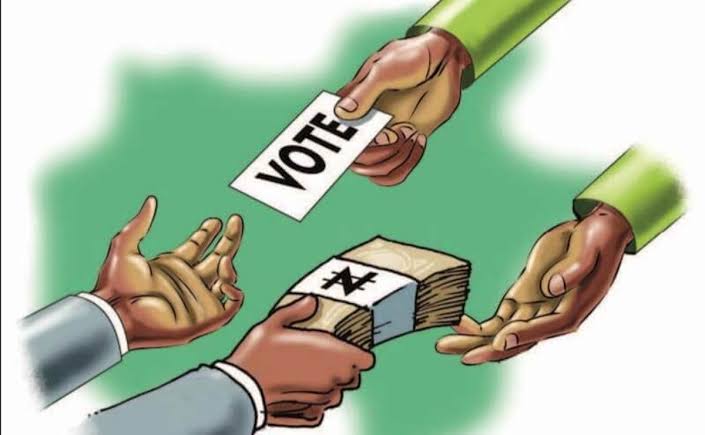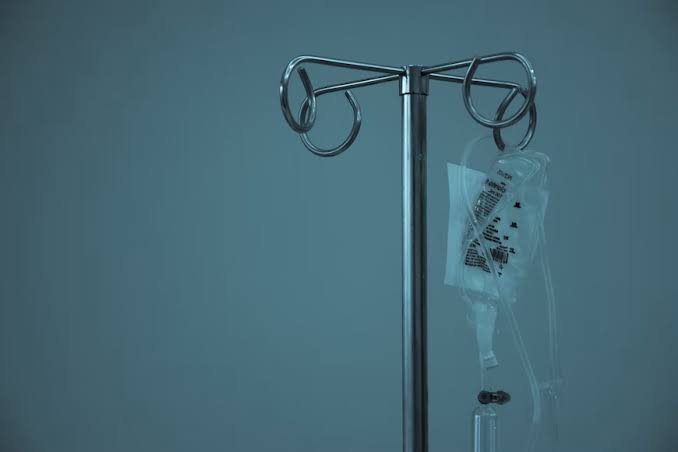Persons with disabilities (PWDs) have faulted the Independent National Electoral Commission (INEC) over poor inclusion and participation of the vulnerable population in the recently concluded 2023 elections.
INEC was said to have failed to make adequate provisions for persons with special needs during elections. Suitable means of communication such as braille, large embossed print, and electronic devices to assist people with disabilities in voting were not on the ground or could not be operated by the staff of the Commission.
Prof. Mahmud Yakubu-led election body had, at different times before the polls, assured PWDs of total inclusiveness in the 2023 general elections.
The PWD community made their concerns known during PUBLIC CONSCIENCE, an anti-corruption radio programme produced by the Progressive Impact Organization for Community Development, PRIMORG, Wednesday in Abuja,
During the programme, a disability expert, Chris Obiora Agbo, stated that persons with disabilities were disappointed with INEC’s inability to make adequate provisions for persons with particular needs to participate in the 2023 elections.
Agbo revealed that according to reports from the PWD community, there was insufficient deployment of communication equipment to aid the participation of PWDs during the polls, noting that “INEC did not deploy braille ballot guides in many polling units he visited.”
He rated the Commission low on the inclusiveness of PWDs, urging that training of INEC’s ad-hoc staff should be prioritized as their limited knowledge to operate the equipment provided contributed largely to the disenfranchisement of vulnerable persons.
“They (INEC) didn’t keep up with their promise. We couldn’t find most of the braille ballot guides in most of the visited polling units. Many people with visual impairment complained that they couldn’t find those materials in their polling unit, and magnifying glasses there were also complaints about not having them.
“And when it comes to priority voting, in some areas, some PWDs enjoyed it, but in so many other places, they couldn’t, and we attribute it to the elections not starting early, so there was a whole lot of apprehension when they began, and that actually made the electoral officers not to be coordinated to allow PWDs to enjoy priority voting.
“We are disappointed by what happened. We engaged to the highest level; even the INEC Chairman had meetings with us, and he also made mention of issues of disability in Chatham House. We expected we would have been more accommodated in the 2023 elections, but it never happened.
“INEC needs to do more on the training of their ad-hoc staff. They need to involve us (PWDs) in the training of the ad-hoc staff. There is no expert in a disability organization that will tell you he was involved in the training of the ad-hoc staff. They need to involve us so that they know what is expected of them,’ Agbo stressed.
On his part, Communications Assistant at Inclusive Friends Association (IFA), Festus Okpeh, lamented that the late arrival of election materials and violence affected many people with disability from participating in the elections.
According to Okpeh, reports from polling units across the country during the presidential election put the deployment of braille ballot guides at 53 percent. He also called for more training of INEC staff, stressing that there should be a remarkable improvement on security during elections so that PWDs will come out and exercise their franchise in future elections.
He noted that the general impression of the election is that there were enormous challenges, especially concerning the presidential election, which they (IFA) actually observed. He stressed that INEC did not live up to expectations.
“We saw the braille ballot guide, but the problem is not in the deployment but in the usage because we discovered that these materials will be in polling units, but they will not be used. The election officers are not equipped with the right information on how to make PWDs use them.
“We noticed that the braille ballot boxes were deployed to about 53% of the polling units we sampled in the presidential elections but out of this, a negligible percentage was actually used, so there is a gap between deployment and usage.
“There needs to be more training of ad-hoc staff, especially for them to understand that where materials are deployed, they have to be used.
“So we demand that there should be much more education in this regard, and in terms of security, there should be enough security of PWDs to come out and express their franchise,” Okpeh stated.
Public Conscience is a syndicated weekly anti-corruption radio program used by PRIMORG to draw government and citizens’ attention to corruption and integrity issues in Nigeria.
The program has the support of the MacArthur Foundation.









